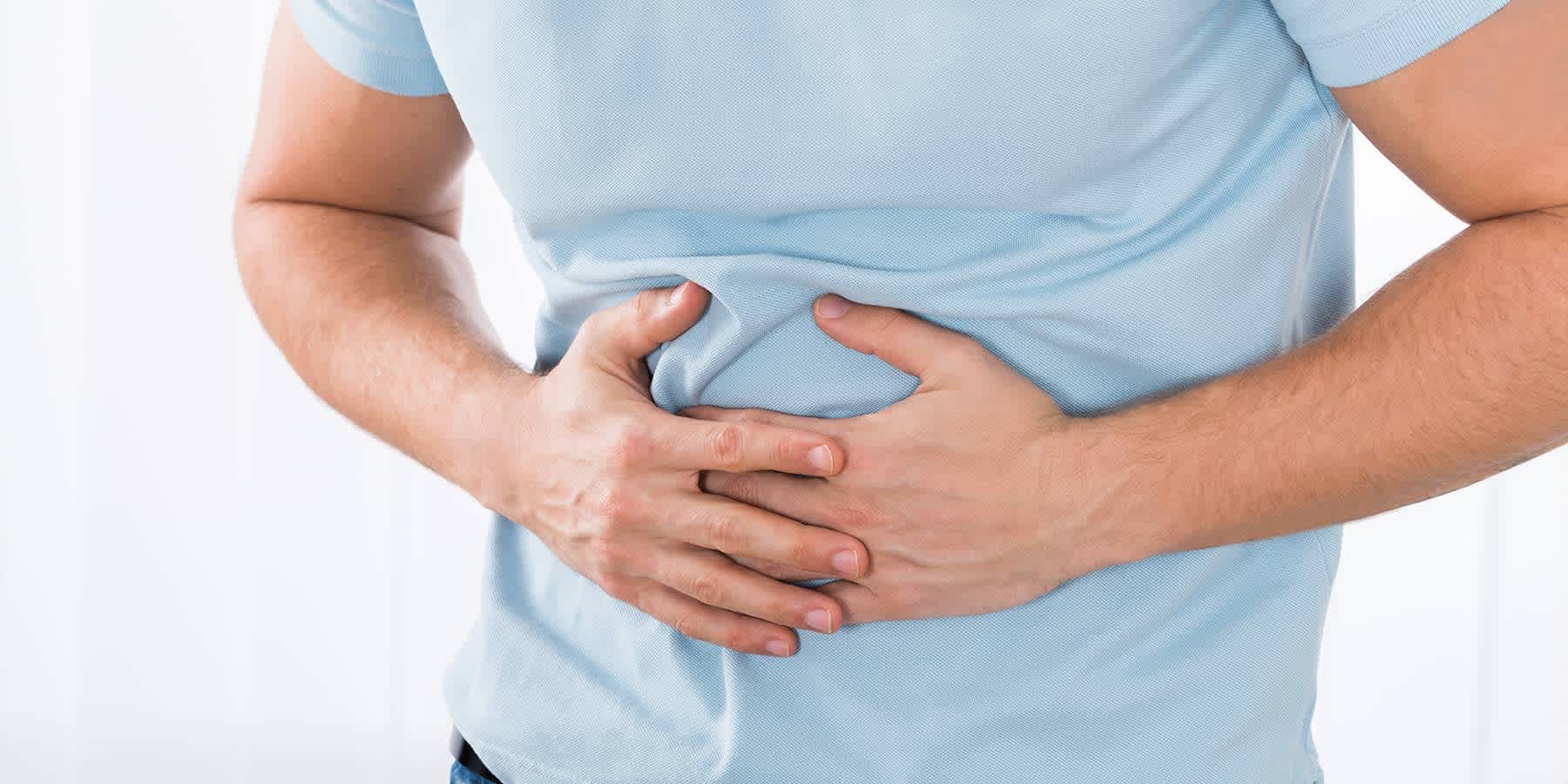What causes bloating and fat, and what can you do about it?
What causes bloating and fat, and what can you do about it?
Blog Article
Why Recognizing the Distinction In Between Bloating and Fat Is Very Important for Your Digestion Wellness
Recognizing the distinction between bloating and body fat is essential for optimizing digestive health. Bloating can be a sign of underlying gastrointestinal concerns or dietary sensitivities, while body fat represents an extra steady facet of general health and wellness and needs different considerations.
Understanding Bloating
Lots of people experience bloating at some time in their lives, yet the underlying causes and effects for digestion health and wellness can be complex. Bloating is characterized by an experience of fullness or rigidity in the abdominal area, usually come with by visible distension. This condition can occur from numerous variables, including nutritional options, stomach conditions, and lifestyle habits.
Common dietary wrongdoers consist of high-fiber foods, carbonated drinks, and particular sugars that are badly absorbed in the intestinal tract. Lactose intolerance can lead to bloating after taking in milk products, while too much intake of beans may trigger gas manufacturing. Furthermore, eating way too much or eating as well rapidly can exacerbate the sensation of bloating, as the body battles to refine big amounts of food effectively.
Stomach problems, such as irritable bowel disorder (IBS) or celiac disease, can even more complicate the experience of bloating, as they often include enhanced sensitivity and damaged food digestion. Recognizing the particular triggers and mechanisms behind bloating is critical for efficient administration and therapy, enabling individuals to make informed nutritional and way of life adjustments to advertise optimum gastrointestinal health and wellness.
Identifying Body Fat

Acknowledging the distinction between bloating and body fat is essential for comprehending one's total gastrointestinal health and wellness and physical condition. Body fat refers to the fat that is kept in various regions of the body, functioning as an energy book and playing necessary duties in hormonal agent policy and thermal insulation. It is necessary to accurately identify body fat to analyze health risks connected with extreme adiposity, such as heart disease and diabetic issues.
To identify body fat, individuals can make use of several approaches, including body mass index (BMI), skinfold measurements, and bioelectrical insusceptibility evaluation. BMI is a commonly made use of device that correlates weight and height; nonetheless, it might not accurately mirror body structure. Skinfold dimensions entail squeezing different locations of the body to gauge fat density, while bioelectrical insusceptibility makes use of electrical currents to estimate body fat portion.
Aesthetic examination can likewise play a role in identifying body fat circulation, which can offer understanding right into wellness implications. Natural fat surrounding the body organs postures higher health and wellness risks contrasted to subcutaneous fat situated simply underneath the skin. Understanding these subtleties is critical for embracing suitable health and wellness strategies and enhancing total blog here wellness.

Sources Of Bloating
Bloating can arise from a plethora of variables that affect the digestive system, resulting in pain and a swollen abdomen. One typical cause is the ingestion of air, which can take place while eating or drinking too promptly, eating gum, or smoking cigarettes (fat and bloating). This air build-up can create an experience of volume and stress
Nutritional selections additionally play a considerable function in bloating. Certain foods, specifically those high in fiber, such as beans, lentils, and cruciferous veggies, might cause gas production during digestion. In addition, carbonated drinks can present excess gas into the digestive system.
Food intolerances and level of sensitivities, such as lactose intolerance or gluten level of sensitivity, are various other prevalent reasons for bloating. When individuals consume foods they can not properly absorb, it can result in gas and discomfort.
Moreover, hormonal variations, my blog especially in women throughout the menstrual cycle, can add to bloating as a result of water retention and stomach changes. Underlying clinical problems, such as irritable digestive tract disorder (IBS) or gastrointestinal blockage, may also manifest as bloating, highlighting the importance of suitable diagnosis and administration. Comprehending these causes is crucial for efficient symptom administration.
Influence On Digestive Health
Consistent bloating can dramatically influence digestive health and wellness, impacting total well-being and lifestyle. Bloating commonly results from the accumulation of gas or liquid in the intestinal tract, resulting in pain and a distended abdominal area. This problem can disrupt typical digestive processes, impairing vitamins and mineral absorption and leading to deficiencies gradually.
Moreover, persistent bloating may be indicative of underlying food poisonings such as cranky bowel syndrome (IBS), celiac disease, or food intolerances (fat vs bloating). When these conditions are left unaddressed, they can aggravate signs and symptoms and result in further problems, consisting of irregular bowel movements or looseness of the bowels
The mental consequences of bloating ought to likewise be recognized. Frequent discomfort can add to anxiety and tension relating to eating and social communications, better making complex one's relationship with food and food digestion.
Techniques for Monitoring
Efficient management view publisher site of bloating calls for a multifaceted approach that resolves dietary routines, lifestyle modifications, and possible clinical treatments. Individuals need to examine their diet regimens, identifying and removing usual triggers such as dairy products, gluten, and high-FODMAP foods, which are known to contribute to gas and discomfort. Integrating fiber gradually can boost digestive health, but extreme fiber consumption must be prevented, as it may intensify bloating.

Tension administration strategies, including mindfulness and deep-breathing workouts, can likewise play a substantial role. fat and bloating. Tension is known to impact digestion function negatively, bring about raised bloating
If way of life and dietary modifications do not produce relief, seeking advice from a medical care specialist is suggested. They may advise diagnostic examinations to dismiss hidden conditions such as Irritable Bowel Disorder (IBS) or food intolerances. In some situations, medications or supplements might be prescribed to relieve signs effectively, making certain an extensive strategy to handling bloating.
Conclusion
Finally, identifying in between bloating and body fat is essential for advertising digestion wellness. Bloating, typically resulting from nutritional options or intestinal issues, needs targeted treatments to relieve discomfort. Conversely, body fat represents a stable facet of body structure necessitating different management methods. Recognizing these distinctions helps with the implementation of efficient dietary adjustments and way of living adjustments, inevitably adding to improved digestion health and general high quality of life. Understanding these ideas encourages individuals to make educated health and wellness choices.
Report this page